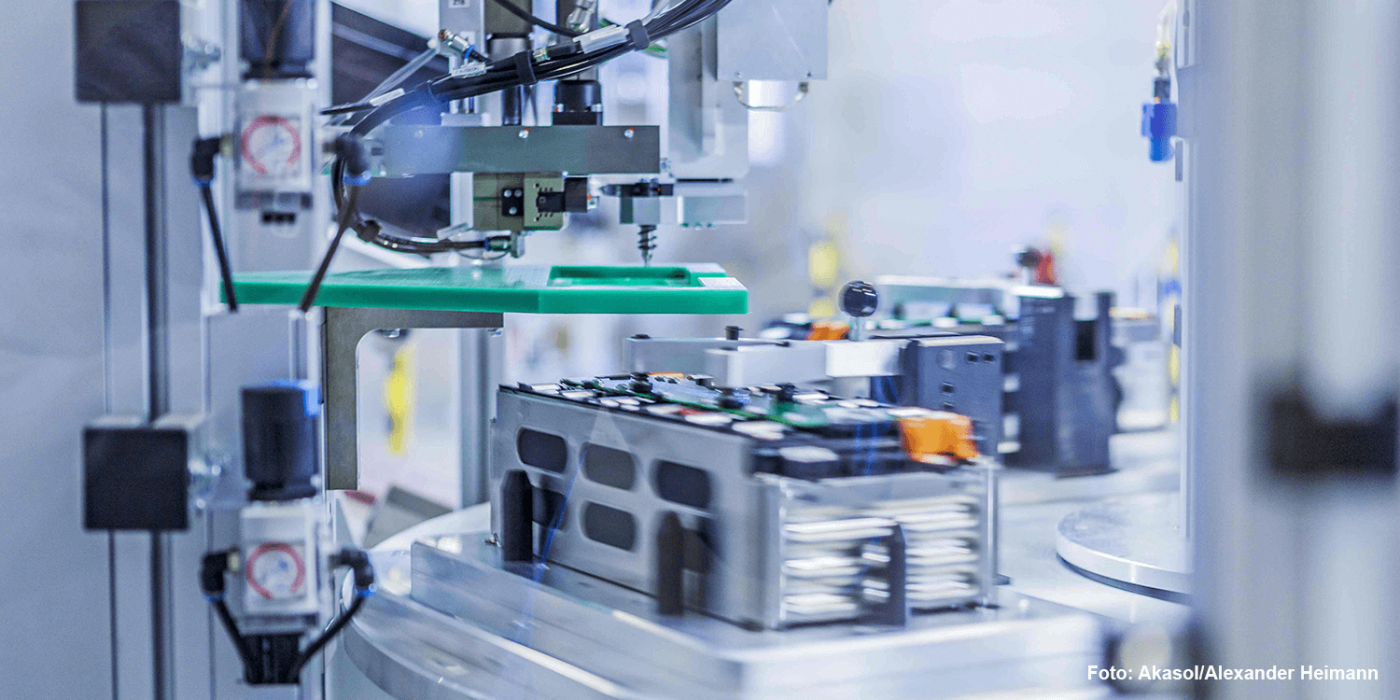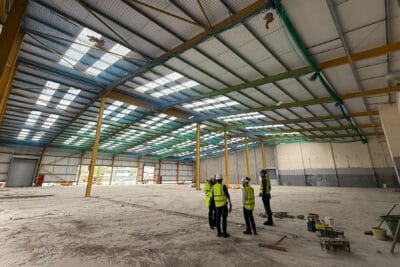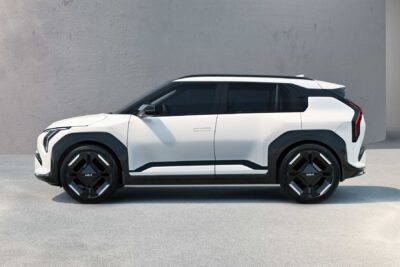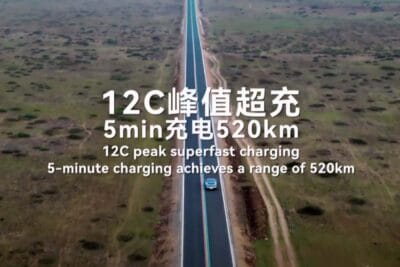Akasol lands large follow-up order for commercial vehicles
The German battery system supplier Akasol has announced a follow-up order with a total volume in the high three-digit million euro range from an unnamed company: the “world’s leading commercial vehicle manufacturer”.
Akasol has announced that it will be supplying “the customer’s third generation of high-energy battery systems for various electric vehicles” from 2021 to the end of 2027. This is already the second extension with the customer: Akasol only extended the existing framework agreement with the commercial vehicle manufacturer in February.
Due to the successful cooperation so far, this contract is now being significantly extended. “We are proud of the confidence that our long-term customer has once again placed in us to expand our highly successful cooperation and that AKASOLremainssupplier for a strategically important e-mobility component for various electric vehicles manufactured by this global player,” says Akasol CEO Sven Schulz. When Akasol has announced the extension of their long-term framework agreement in February, they announced that it will supply an unnamed Swedish commercial vehicle manufacturer with high-performance battery systems for electric buses and trucks. The two possible candidates would be Scania and Volvo, both based in Sweden. Scania has no previous agreements with Akasol, whereas Volvo is a long-standing customer of the German company.
Akasol is currently supplying the first generation of the AKASystem OEM PRC battery system with a storage capacity of 50 kWh to several of the said customer’s bus and truck division. From 2020, the second generation with 66 kWh capacity and fast-charging capability will follow. According to Akasol, the third generation is targeted for 2021 and will be delivered as a supplement, intended primarily for use in vehicles “with high requirements on the electrical range” due to its very high energy density.
A capacity of approximately 100 kWh per pack is targeted in the third generation. This is almost double the storage capacity of the first generation, which is mainly due to the newly developed cylindrical cells of the “AKAModule CYC” type. According to Akasol, this will enable electric buses or trucks to cover a range of up to 700 kilometers. In addition, the battery packs can be charged with outputs of up to 500 kW.
The battery systems will be produced at the new headquarters in Darmstadt from 2021 and at the new US production site in Detroit, Michigan, from 2022. Carsten Bovenschen, CFO of Akasol said that the volume of this new contract increases the total order backlog to approximately 2 billion euros by 2027. Akasol has to reschedule current projects: “Due to the significant increase of the order backlog resulting from the most recent order for the new system generation, the Company prepares for possible shifts in the execution of existing serial projects and thus is currently conducting a detailed analysis of the short-term targets for 2019” explained Bovenschen.
With the second production line in Langen, second-generation systems are to be manufactured from mid-2020 onwards (six months earlier than planned). The third generation systems are to be added in the second half of 2021. For the Detroit site, Akasol plans to start parallel production of the second and third generation battery systems in 2022.





0 Comments